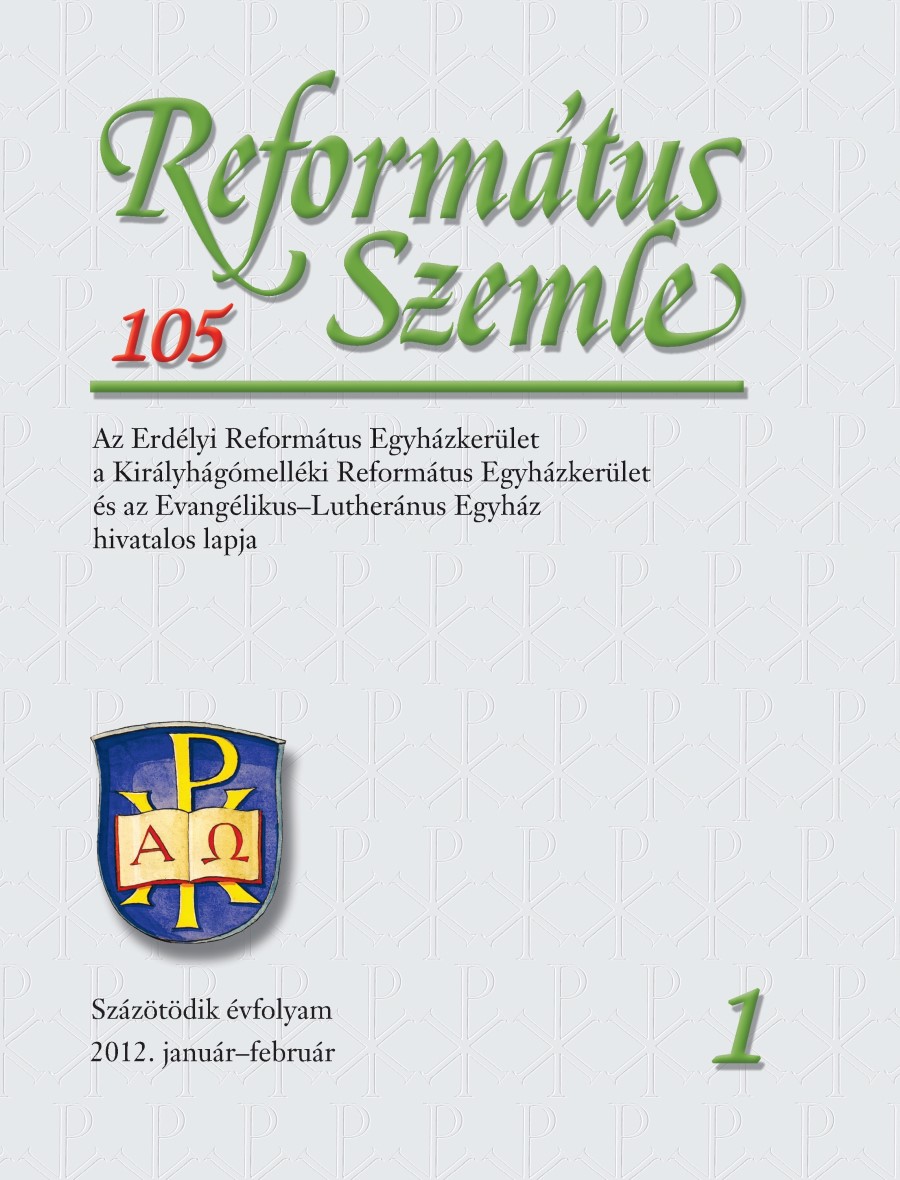Gazdasági jellegű sérelmek a Dél-Erdélyi Református Egyházban 1940–1944 között (III. rész)
Economical Injuries Suffered by the Southern Transylvanian Reformed Church between 1940–1944. Part III
Author(s): Alpár NagySubject(s): Theology and Religion, Interwar Period (1920 - 1939)
Published by: Erdélyi Református Egyházkerület
Keywords: Reformed Church of Transylvania;church economy;Southern Transylvania;Post-war economy;
Summary/Abstract: The study presents the situation of the Reformed Church in Romania between 1940 and 1944 from the economical perspective. The pauperization of the Hungarian population of Romania was a state policy in that period, and the Reformed Church was no exception. The economical pressings, the unbearable tax burden decimated its financial resources, and weakened its capacity of economical selfsustainment. The published study is the third part of a longer series. In this we present how did the Romanian government apply discriminatory measures against the Reformed Church of Southern Transylvania through the limitation of state financing towards ecclesiastic institutions. Even though the church administration and the confessional schools should have received different types of state financing, theses ceased to be paid after the second Vienna Award. The financial aid for church administration was stopped with the reason that there is no legal, non-provisory church administration in the Re-formed Church, local authorities refused to finance local confessional schools, and the Theological Institute of Nagyenyed was left without any state financing through the time of its existence. Even though every clerk in Romania was entitled to 50% discount in railway travelling costs, Reformed pastors were declined to have this privilege by the motive that Romanian pas-tors from Northern Transylvania do not have such benefits. The other type of discriminatory measures against the Reformed Church were the illegalities regarding the state salaries of Re-formed pastors. The government used any reason to cease this type of financing. They disputed the degrees of pastors, stopped paying them every time a court-martial trial was started against them, or just simply found several grounded or not grounded reasons to leave pastors without the most important income. All these measures had the goal to weaken the economical positions of the Reformed Church, to harden the life of its pastors, and to force them to leave the country for a better life in Northern Transylvania.
Journal: Református Szemle
- Issue Year: 105/2012
- Issue No: 1
- Page Range: 85-95
- Page Count: 11
- Language: Hungarian

